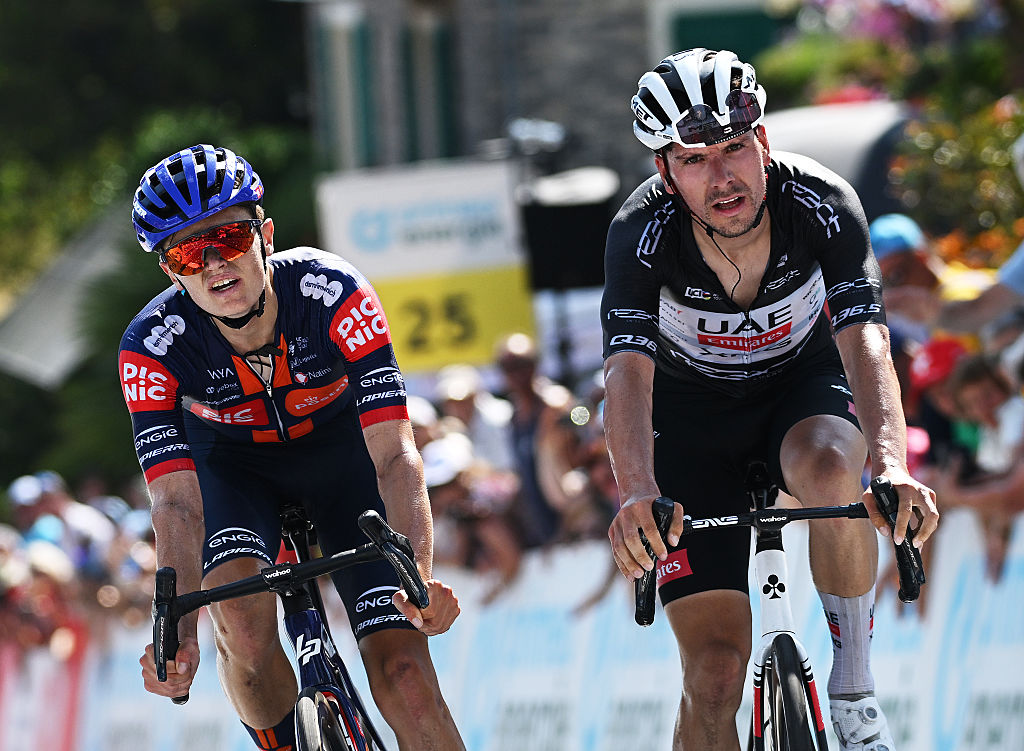Marc Madiot blog: The WorldTour has made teams better but racing worse
I believed in pyramids being built from the bottom, not the other way round
The latest race content, interviews, features, reviews and expert buying guides, direct to your inbox!
You are now subscribed
Your newsletter sign-up was successful
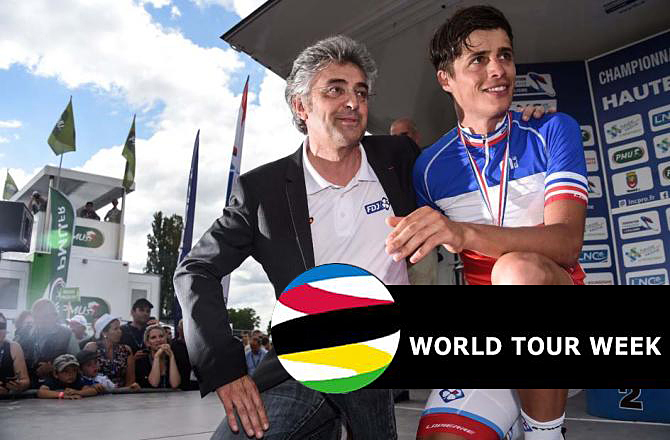
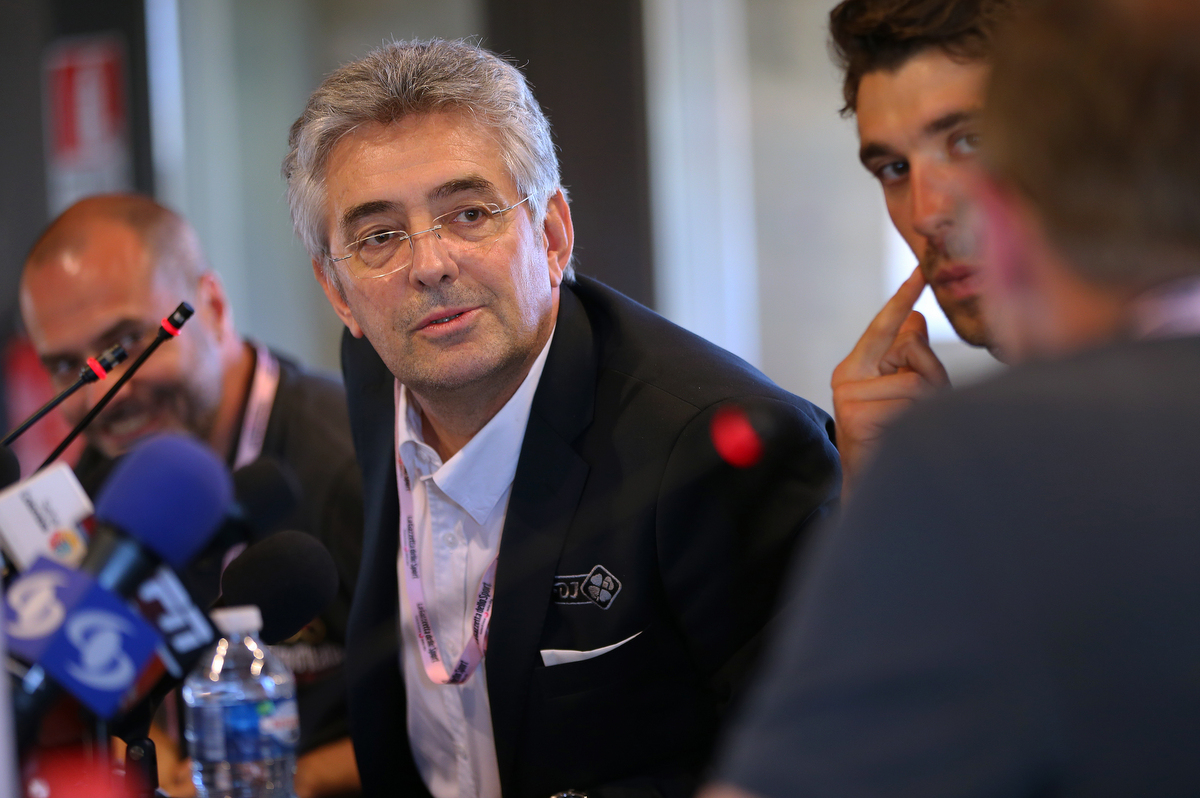
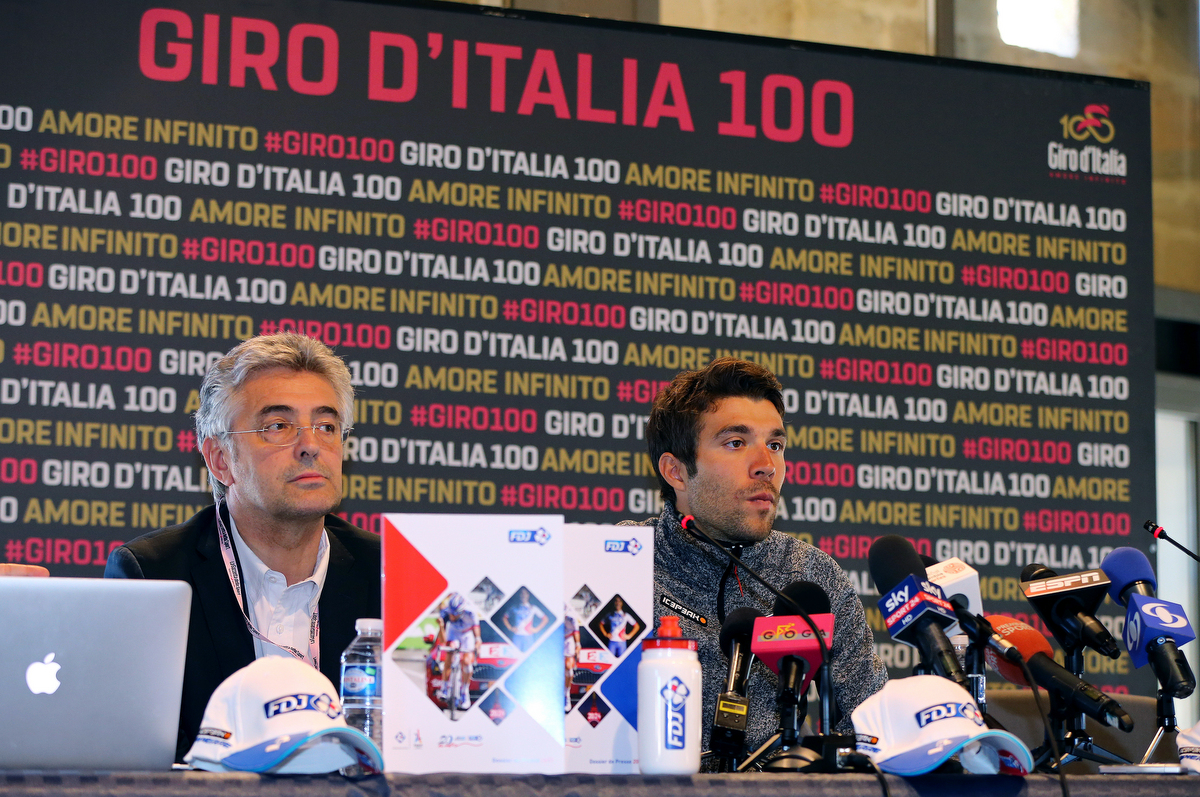
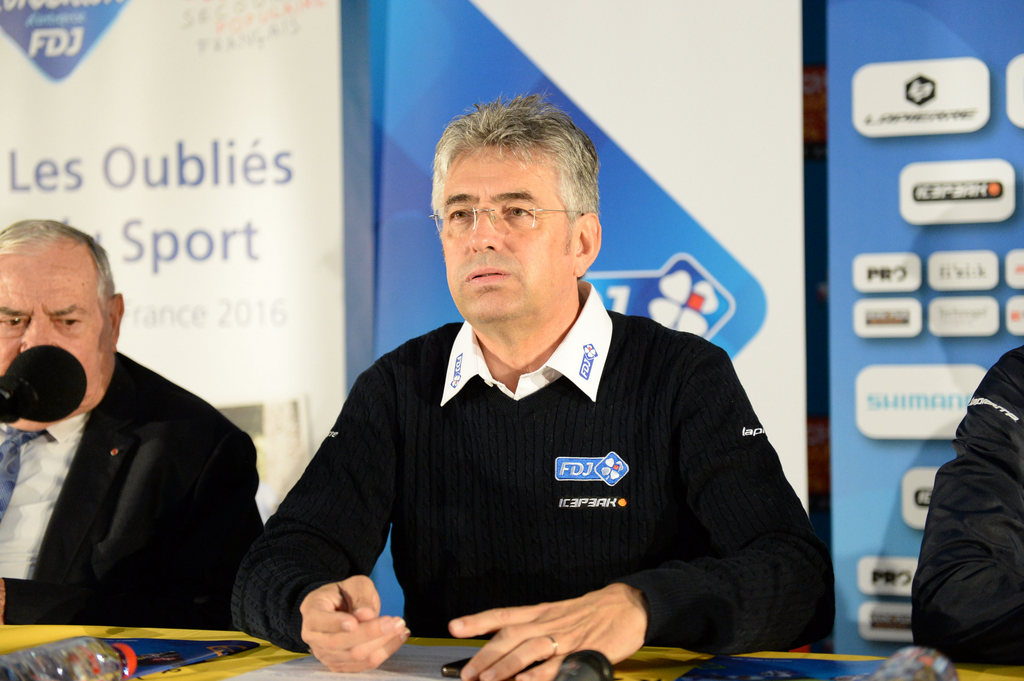
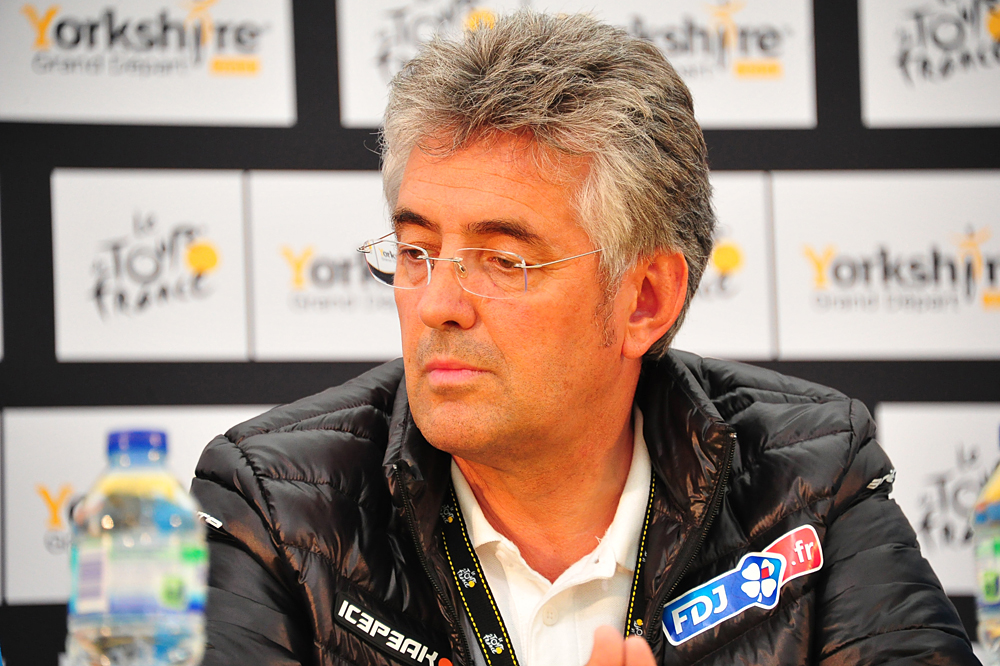
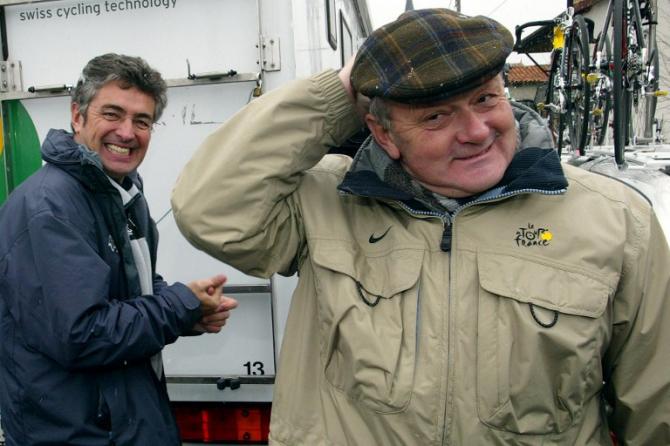
When the ProTour was presented to us back in 2004, it was a source of hope. We were still living a troublesome period. The Festina Affair wasn't far behind us, neither were the more recent San Remo Blitz or the Cofidis Affair. Lance Armstrong kept winning the Tour de France and it was easy to understand how. Operacion Puerto was around the corner.
WorldTour Week: 15 years of trying to reform cycling
WorldTour Week: Back from the brink
WorldTour Week: Stapleton hoping to create unity after war with ASO
WorldTour Week: Support builds for women's minimum salary in 2018
WorldTour Week: Lappartient and the counter-reformation
Cookson defends his development of the UCI WorldTour
Marc Madiot blog: Giro and Tour again for Pinot, but with a difference
In the talks between the UCI and the stakeholders, we were full of hope that a better organization of our sport and our teams would bring about better ethics, more efficient controls and more transparency. My sponsor, the French national lottery, didn't hesitate over whether to join the ProTour or not. We also never considered leaving the ProTour voluntarily, even though the first few years weren't great with the ongoing battle between the UCI and the race organizers, and the lack of credibility to the sporting results until the biological passport was implemented in 2008. One year, in 2011, we were relegated to the second division but we rejected the idea of buying riders with a lot of points just to remain in the top ranks, by then renamed the WorldTour.
The relegation-promotion system proved to being beneficial for us. We reshuffled the team, we strengthened our core of young riders [Thibaut Pinot, Arnaud Démare, Arthur Vichot and Nacer Bouhanni all turned professional in those years] and gained our spot in the first division back straight away. We've continued believing in the WorldTour throughout those unstable times because we kept hoping for better days, and we wanted and we needed to take part in the big races. Put it this way: the biggest advantage of being part of the WorldTour is to get automatic entry to the Tour de France.
It's fair to say that the WorldTour has helped the teams to improve, but the sponsors haven't had the return on their higher investment that was promised by the creators of the series. They've had to pay much more for pretty much the same thing they had before. It has led to companies pulling out of cycling and being replaced by a few rich benefactors. Thank you to them, but it still doesn't reflect a viable business model.
We've been told that the Tour of Beijing [2011-2014] was a great opportunity for us because it was opening a new market, but the reality has been different. It didn't attract new sponsors or generate new revenues for the sport. Other failures of the WorldTour and the World Cup that preceded it that come to mind include the Leeds Classic and the team time trial in Eindhoven. We have to be careful of the artificial construction of the WorldTour. Cycling needs strong roots and successive presidents of the UCI have wanted to implement reforms too fast.
I had an argument with the late Hein Verbruggen who was trying to convince me that we could globalize cycling by exporting the crème de la crème to new countries. I objected, saying that I believed in pyramids being built from the bottom, not the other way round, and I haven't changed my mind.
WorldTour events work pretty well in Australia and Canada but cycling is nothing new there. Like in traditional countries, their success comes from the crowds on the road, but watching the Tour de France on TV has done more for these fans to embrace cycling than the WorldTour coming to them. People who have been told that the world's best riders would compete in Adelaide, Montreal and Beijing have been fooled. Most of the top champions haven't attended those events and the way the Tour Down Under has attracted Lance Armstrong and Peter Sagan had nothing to do with the WorldTour. ASO does the same for criteriums in Japan and China.
The latest race content, interviews, features, reviews and expert buying guides, direct to your inbox!
The other dark side of the WorldTour is the racing itself. The riders deserve the higher salary and the better support they now get, but the concept of the same eighteen teams racing each other all year has led to a cycling that is stereotyped, asepticized, locked, calibrated and dependant on watts and technology.
In that context, Liège-Bastogne-Liège, one of the hardest races in the world, has become an almost inevitable bunch sprint. The fans certainly don't seem happy with that. We can talk to them at length about the business model but, essentially, their only concern is to watch great racing.
Cycling's appeal comes from the legend of the convicts of the road. Once we lose the humanity and the bravery of superhuman efforts, there's no more space for us in the competition against other sports. The WorldTour has become so boring that it forces race organizers to look for authenticity again, sending riders to gravel roads and putting together a real cobblestone stage of the kind that hadn't been seen for ages at the Tour de France. The racing itself must belong to the riders again.
The irrepressible FDJ team manager Marc Madiot brings his unrestrained opinions and insights to Cyclingnews, giving our English-speaking readers a glimpse inside the culture of the French team, and French cycling.
